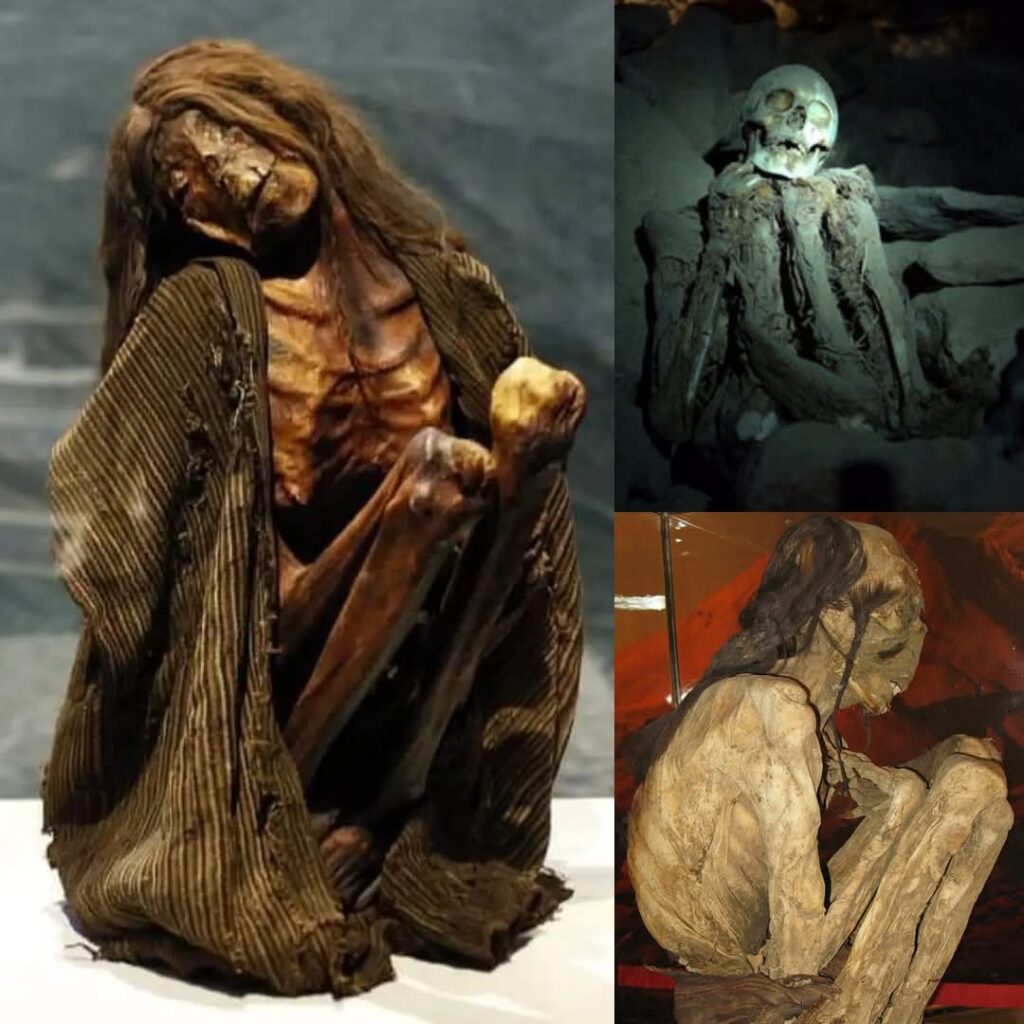In a groundbreaking discovery that is rewriting the history of human mortuary practices, archaeologists have revealed that a series of 8,000-year-old skeletons unearthed in southern Portugal may in fact be the world’s oldest known mummies. Long thought to be simple burials, these prehistoric remains—dating back to the Mesolithic era—show evidence of intentional mummification, predating the famous Egyptian mummies by thousands of years.Researchers re-examining photographs taken during excavations in the 1960s noticed subtle clues: tightly contracted body positions, preserved joint articulation, and burial in dry, sandy conditions—suggesting that the bodies were deliberately dried and preserved prior to interment. This form of early mummification, likely achieved through natural desiccation techniques and careful handling, points to a surprisingly sophisticated understanding of the human body and death rituals among Europe’s ancient hunter-gatherer societies.The revelation is not only a major scientific milestone but also a poignant window into the spiritual and cultural world of some of the continent’s earliest inhabitants. If confirmed, Portugal’s ancient mummies could mark the earliest known attempt by humans to intentionally preserve their dead, reshaping what we know about the origins of complex funerary customs.
